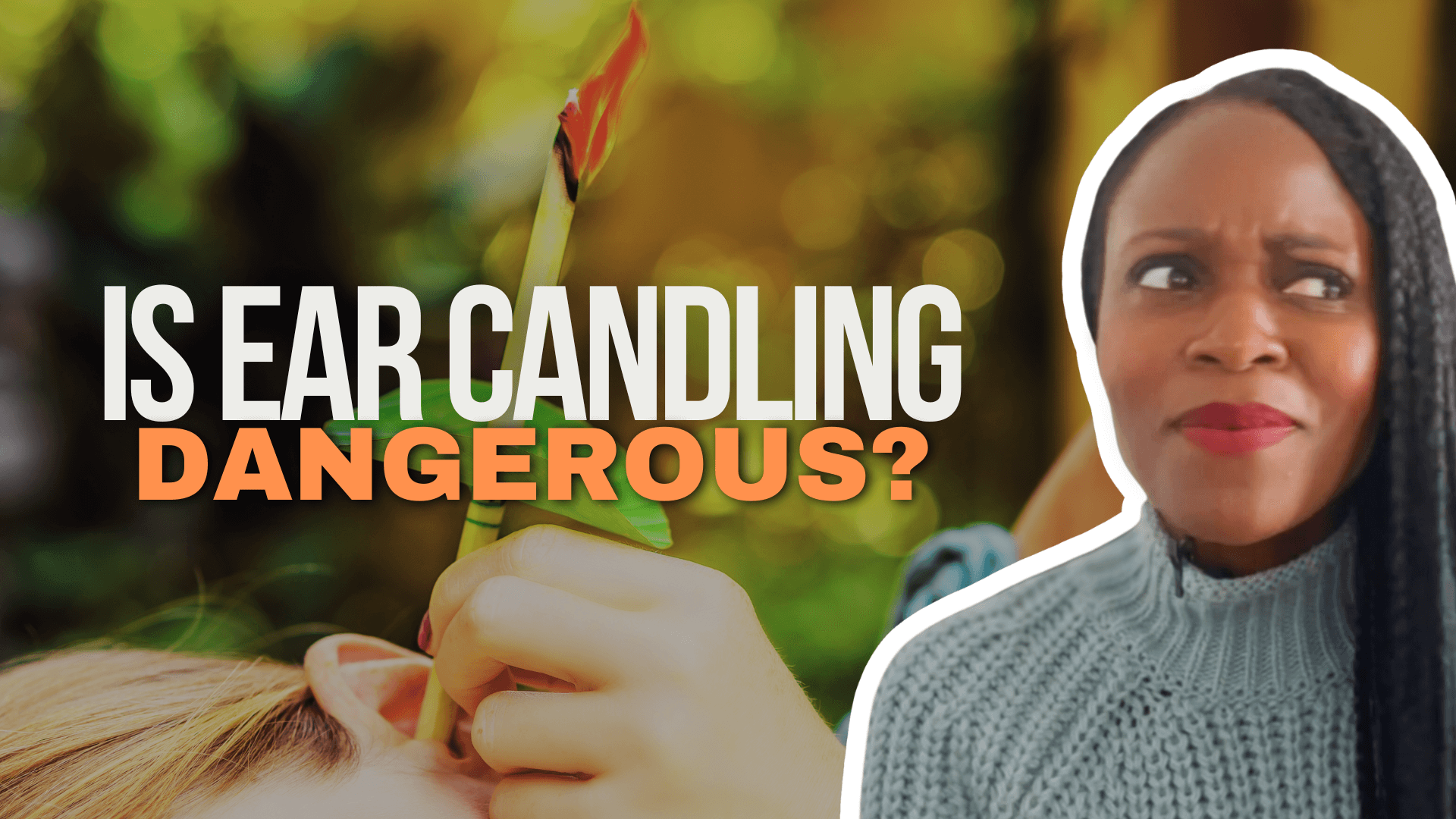- Clean Beauty, Self-Care, Wellness
How Blue Light From Screens Can Affect Your Skin

We’re all familiar with the idea that sunscreen helps protect our skin from harmful UV rays. But what about blue light?
As artificial light sources replace natural ones in our daily lives, more people are becoming aware of how blue light affects their sleep patterns and moods. But did you know that blue light also affects your skin?
In this article, we’ll explain what blue light is and how you can decrease its effects on your health.
What is blue light?
Blue light is a wavelength of light that’s not visible to the human eye. It comes from screens — anything from phones and laptops to TVs and tablets.
Blue light can cause premature skin aging by breaking down collagen and elastin fibers, which keep our skin firm and plump.
It also interferes with the production of melanin – the natural pigment responsible for adding color to our skin tone – which means less protection from UV rays as we age.
How does blue light from screens affect my skin?
Blue light can cause cell damage and even cancer. According to WebMD, research shows that blue light can cause more redness and swelling in darker skin tones.
The reason blue light has such a negative effect on the skin is that our bodies aren’t designed to handle it. The more time we spend staring at screens, the higher our risk for skin problems later in life.
So if you’re looking for yet another reason to reduce your screen time and take up a non-digital hobby, this is it!
Can blue light affect how my skincare products work?
If you’re using a skin care product that contains melanin, blue light can have a positive effect on it. This is because melanin is a natural pigment that gives your skin its color. It even has antioxidant properties, which can help protect against sun damage and UV rays.
Blue light can also stimulate collagen production in the skin. Collagen is an important protein that gives elasticity to connective tissue throughout the body — especially in areas where wrinkles typically form (think around the eyes or mouth).
Do I need to wear sunscreen while using screens?
You should absolutely wear broad-spectrum sunscreen when using screens. Blue light penetrates the skin, so a physical barrier like sunscreen can help protect you from this kind of damage.
If this option isn’t appealing, try using blue light filters on your devices. And don’t use your phone before bed. The blue light can mess with your circadian rhythm and make it harder for you to fall asleep.
How can I protect my skin against blue light?
If you’re not ready to give up screen time, here’s a summary of things you can do to protect yourself:
- Wear sunscreen. Broad spectrum sunscreen helps protect against damage caused by UV rays, so it can also protect against blue light damage.
- Limit your time on screens. The longer you spend in front of screens, the more you’re exposed to blue light. Try not to watch TV or scroll through social media sites for hours on end. If it helps, try adding a daily time limit on apps to remind you to do something else.
- Download a blue light filter for your phone and computer. These filters will reduce the amount of blue light emitted by devices to help protect your eyes and skin.
Conclusion
We hope this article has helped you understand how blue light from screens can affect your skin. Since technology is everywhere these days, it’s important to know how to use it wisely! Taking preventive measures is a great way to avoid negative effects down the road.



